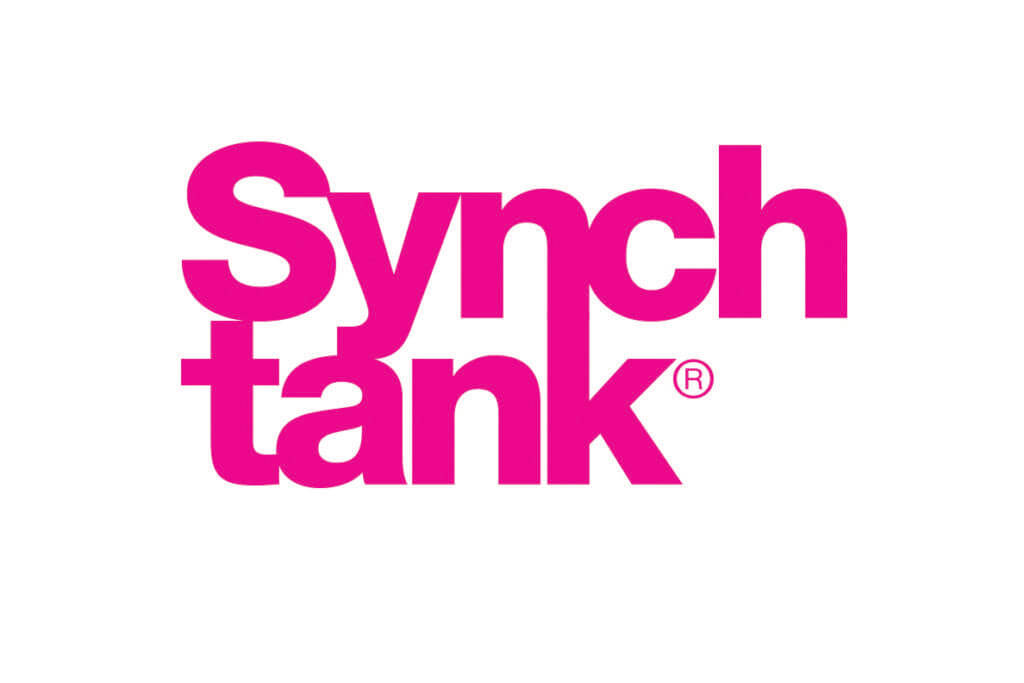It’s no secret that the music industry is plagued with data problems. Incorrect and badly handled metadata is leaving billions on the table (the value of black box royalties is estimated to be $2.5 billion) and whilst this may seem like an issue that only concerns labels, publishers and other industry organizations, it’s more important than ever for artists and songwriters to understand the value of accurate data.
We’re in an era where self-empowered artists are able to do things on their terms, but whether that means working with a label, self-releasing, or working with a next-generation company like CD Baby or AWAL, metadata is at the center of everything. It is the foundation of the modern digital music industry.
So, as an artist, why should you care about metadata? In a nutshell:
- Metadata ensures your songs are ready for distribution and release
- Metadata helps people to discover your music
- Metadata allows you to see how your music is being used
- Metadata gets you paid
Generally speaking, there are two main types of song metadata:
- Objective metadata – this can be split into:
- Rights and clearance metadata – ownership information including details of splits/agreements and key identifiers like ISRC codes.
- Descriptive metadata – objective tags like song title, release date, track number, performing artist, cover art, main genre and so on.
- Subjective metadata:
- This is metadata used to power recommendation and search engines and includes details of how a song sounds – e.g. moods and keywords.
The focus of this article is going to be objective metadata because that’s the most important data to focus on as an artist if you want to get your music distributed or licensed and, of course, if you want to get paid properly.
One of the biggest contributors to the music industry’s data problem is the fact that objective data is often entered incorrectly at the source, during the writing and recording process. This puts writers and artists in a powerful position as they have the ability to get all of their data entered correctly from the start with the right tools and knowledge in place.
Here are some key considerations that will determine the accuracy of your objective metadata:
- What rights do you own?
- Are all your agreements in place?
- Are your splits and percentages agreed? There are a number of tools out there to help songwriters with this process, including Cosynd, Splits and SongSplits.
- Are your samples cleared? There are so many great sample and beats libraries including Tracklib, BeatStars and Splice that can help you obtain and license samples legally.
- Are your copyrights fully registered with PROs/collection societies?
Here are some best practices for managing objective metadata:
- Consistency is key – everywhere your metadata lives across the industry it should be the same. Metadata should be verified and identical between all rightsholders.
- Check for spelling mistakes e.g. your artist name must always be spelt the same, with capitals and punctuation always in the same place.
- Obtain and supply industry-standard identifiers in your metadata correctly and whenever possible – product (UPC), recording (ISRC), or musical work (ISWC).
Objective metadata fields include (but are not limited to):
- Track Title
- Artist
- Genre(s)
- Composer
- Composer %
- PRO
- PRO Account Number
- Publisher
- Publisher %
- Label/Master Owner
- CAE/IPI Number – a 9-digit number that is used to uniquely identify a songwriter or publisher assigned to a rights holder when they register with a PRO
- ISWC – an 11-character alphanumeric code that is used to uniquely identify a musical work. These are issued by your PRO
- ISRC – a 12-character alphanumeric code that is used to uniquely identify a sound recording and is typically assigned by your label or distributor
- Year
- Album
- Album Artist
- Disc Number
- Track Number
- UPC/EAN – a 12- or 13-digit number used to identify products
- Language
Tagging your files and managing your tracks and catalog
There are various tools that can help embed metadata into music files as they are created, including Creator Credits from Session (formerly Auddly), a technology that works within Pro Tools to embed song credits within the session files themselves.
There are also a number of free audio tagging tools out there including Kid3, MP3Tag, MusicBrainz Picard as well as software media players and music library managers like MediaMonkey where you can embed metadata into your files.
At the very least you should also be keeping your own metadata database in a spreadsheet which contains each track along with its associated metadata. For more sophisticated track and catalog management you can try platforms like:
- Auddly/Session – a song data hub which helps you take control of your songs and rights
- Soundgizmo – Synchtank’s asset management and website solution for artists and smaller music companies
- RightsHub – Monokrome Music’s service for storing rights information in one easily accessible location
- DISCO – a music management and sharing platform
Optimizing your metadata for distribution
DSPs, distributors and data services all have metadata submission standards that have to be met. Apple Music is respected as the industry standard and their comprehensive style guide is regularly updated.
If you’re releasing your music through a label or directly with a distributor, they should ensure that the metadata requirements are met for each unique DSP/service.
Optimizing your metadata for sync licensing
Metadata for sync is something that is discussed a lot on Synchblog. Music supervisors work to strict deadlines and don’t have time to chase down rightsholders who haven’t provided them with enough information. A handy guide (available on our website), written by a representative of the Guild of Music Supervisors, explains what music supervisors are looking for.

USEFUL RESOURCES:
- https://www.associationforelectronicmusic.org/afem-ci-metadata-best-practice-guide/
- https://www.synchtank.com/podcasts/ep-28-best-practices-for-managing-your-catalog-and-assets-with-synchtank-and-special-guest-erin-m-jacobson/
- https://www.synchtank.com/blog/the-guild-of-music-supervisors-suggested-metadata-standards/
- https://soundcharts.com/blog/music-metadata
ABOUT THE AUTHOR
Emma Griffiths is Synchtank’s marketing manager and the editor of Synchblog, Synchtank’s music industry blog which provides insight into the management and monetization of music copyright.

guest author Emma Griffiths
“Streaming Music – Music Service – Smartphone” by perspec_photo88 is licensed under CC BY-SA 2.0
